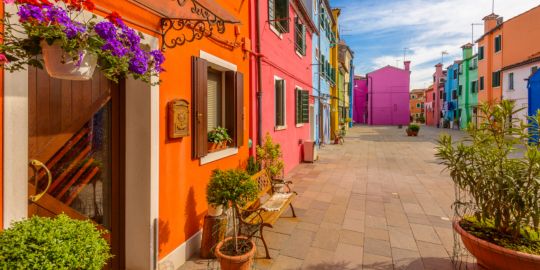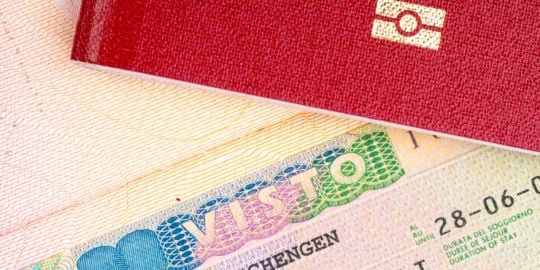Buying a property in Italy

If you have international property which you are hoping to sell, buying a house in Italy may be a preferable alternative to renting. Overall, the housing market in Italy is consistent with the rest of Europe, and thanks to the introduction of IMU tax in 2012, Italy is still viewed as a buyer's market.
Who can purchase property?
Whilst Italy is generally perceived as a 'no restrictions to buy' country, there are some restrictions that expats may face. EU nationals are entitled to buy property in Italy, as they are elsewhere in Europe, but non-EU nationals must have a valid residency permit.
Italy operates a culture of reciprocity, which means that citizens of countries engaged in a reciprocity agreement with Italy can also buy property in Italy. For example, if you live in a country where Italians could buy a property in your country, you are entitled to buy a property in Italy. For a full list of countries operating a reciprocity agreement with Italy, visit the Ministry of Foreign Affairs website.
Good to know:
It is advisable to hire a lawyer from your country of citizenship, ideally who can speak Italian, to ensure there is somebody present who can represent your interests.
Types of property vary across the country, although apartments make up a large percentage of the housing structure in Italy. If you are looking for space and a quintessential rural Italian experience, you might look for property in smaller, off-the-beaten-track destinations in the countryside. If you plan to rent your home out as a holiday home, it is advisable to purchase a property close to a beach, or with facilities such as a swimming pool.
How to find a property in Italy
As with renting, it is advisable to do some research on the internet to get a good idea of the types of property which are on the market and how much they cost. You should also look into any additional taxes and bureaucracy loopholes which apply specifically to the province in which you are looking to buy. Popular national websites include Immobiliare, technocasa, Casa Traveller and Casa.it or you could use multinational websites such as Idealista or Rightmove to find properties listed by different real estate agencies.
After a thorough search, you should get in direct contact with a local estate agent. It is advisable to see the property in person before buying it.
Good to know:
You should ensure your real estate agent is registered with the Chamber of Commerce (Camera di Commercio, Industria, Artigianato ed Agricoltura) before contacting them.
Important:
In order to purchase a property in Italy, you will need to have an Italian bank account and a codice fiscale (tax code).
Process
As with purchasing a house in any country, the buying process can be lengthy and complex. First, you will need to make a written offer, in the form of a proposta d'acquisto irrevocabile, which is provided by the estate agent. This locks the price, once signed by the buyer and the seller. You will also need to have the house surveyed, and you will need to commission a legal check of the property to ensure there are no hidden mortgage disputes. Both of these can be conducted by a geometra.
You will then need to sign the compromesso, a legally binding contract drawn up by the estate agent which commits both parties to the transfer of ownership on the pre-agreed terms and conditions. You will also need to put down your deposit (usually around 10%).
Once you have conducted your final conveyance and legal check, you can sign the deeds. Note that you will need a translator present if you do not speak Italian. Once this is cleared, you'll need to pay the remaining sum ' ensure the notary has registered the sale at the ufficio dell' agenzia del territorio.
Good to know:
You can apply for a mortgage in Italy or in your home country if that lender is registered to lend mortgage funds in Italy. The base rate is much lower than in other countries, but additional charges will apply.
Important:
Additional fees include Registration Tax, Land Registry Tax, Value Added Tax Mortgage, Notary's Fees, Legal Fees, Estate Agent's Commission, and Utility Fees.
Useful links:
Prime Location - Italy
Casa.it
Technocasa
Casa Traveller
Ministry of Foreign Affairs
Global Property guide
Rightmove









